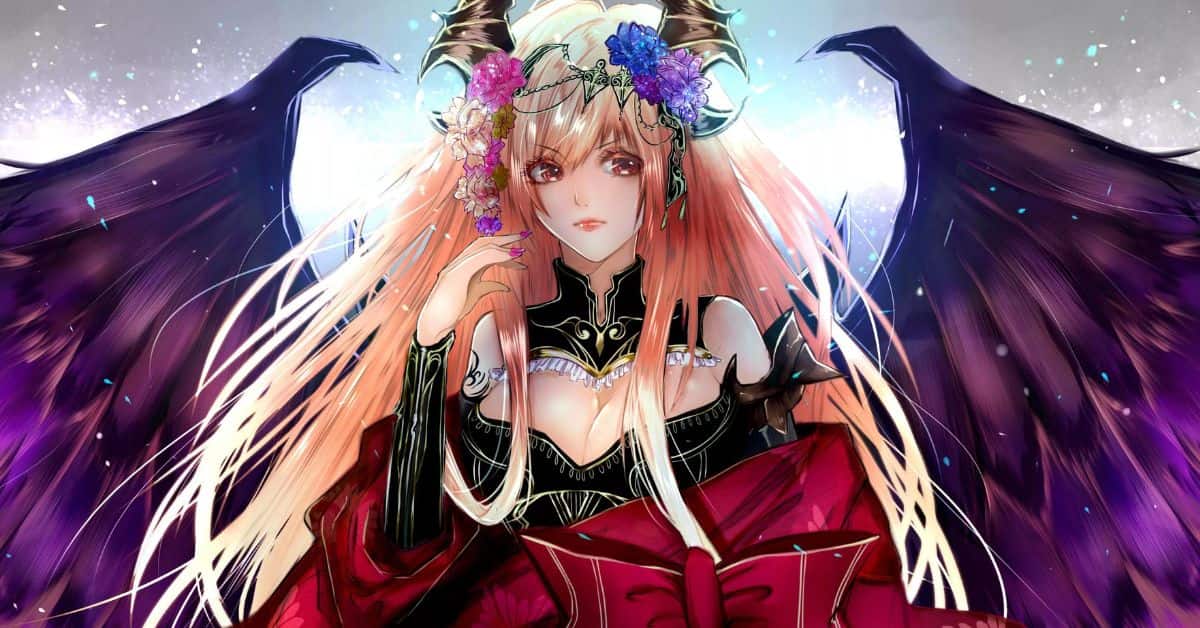Contents
- 1 Introduction
- 2 Plot Summary of Chapter 1
- 3 Character Analysis
- 4 Themes and Motifs
- 5 Symbolism
- 6 Literary Devices
- 7 Writing Style
- 8 Setting and World-Building
- 9 Chapter Analysis
- 10 Author’s Intent
- 11 Reader’s Perspective
- 12 Comparative Analysis
- 13 Similarities to Other Literary Works
- 14 Impact on the Overall Story
- 15 Critical Reception
- 16 Conclusion
- 17 FAQs
Introduction
The Flower of Veneration Chapter 1 is a captivating tale that has captured the hearts of many readers. In this article, we will delve into the intricacies of Chapter 1, exploring its plot, characters, themes, and more. This initial chapter sets the stage for an intriguing journey, and understanding its depth can enhance the reading experience.
Plot Summary of Chapter 1
Setting the Scene
Chapter 1 opens in a serene yet mysterious village surrounded by lush greenery and a hint of ancient mystique. The setting immediately draws readers into a world where nature and tradition intertwine seamlessly.
Main Events
The chapter begins with the protagonist, Elara, embarking on a quest to discover the secrets of her village’s sacred flower. Along the way, she encounters challenges that test her resolve and courage. Key events include her discovery of an old, cryptic manuscript and an unexpected encounter with a mysterious stranger.
Key Characters Introduced
- Elara: The determined and curious protagonist.
- Liora: Elara’s wise and supportive grandmother.
- The Mysterious Stranger: An enigmatic figure who hints at hidden truths.
Character Analysis
Protagonist: Background and Role
Elara, the protagonist, is a young woman driven by a thirst for knowledge and a deep connection to her village’s traditions. Her journey is central to the narrative, showcasing her growth and determination.
Antagonist: Motivations and Conflict
While the main antagonist isn’t fully revealed in Chapter 1, hints of conflict arise through the obstacles Elara faces. This sets the tone for future confrontations and challenges.
Supporting Characters: Their Contributions
Liora, Elara’s grandmother, provides wisdom and guidance, helping Elara navigate her quest. The mysterious stranger adds an element of intrigue, leaving readers curious about their true intentions.
Themes and Motifs
Central Themes in Chapter 1
One of the central themes is the pursuit of knowledge and self-discovery. Elara’s journey symbolizes a more profound quest for understanding and enlightenment.
Recurring Motifs and Their Meanings
Recurring motifs include the sacred flower, symbolizing purity and mystery, and the manuscript, representing hidden knowledge and the past’s influence on the present.
Symbolism
Important Symbols and Their Interpretations
The sacred flower is a crucial symbol, embodying the village’s heritage and secrets. The manuscript serves as a gateway to uncovering the village’s hidden history.
How Symbolism Enhances the Narrative
Symbolism adds layers of meaning, enriching the narrative and inviting readers to explore beyond the surface. It encourages deeper contemplation about the characters’ journeys and the story’s broader implications.
Literary Devices
Use of Imagery
Vivid imagery paints a picturesque scene of the village and its surroundings, immersing readers in the story’s world.
Metaphors and Similes
Metaphors and similes enhance the descriptive quality, making the narrative more engaging and relatable.
Foreshadowing Elements
Subtle hints and clues foreshadow future events, creating suspense and anticipation.
Writing Style
Narrative Voice and Tone
The narrative voice is intimate and reflective, drawing readers into Elara’s inner thoughts and emotions. The tone is both contemplative and adventurous.
Language and Diction
The language is rich and evocative, blending poetic and straightforward diction that balances the narrative’s depth and accessibility.
Pacing and Structure
The pacing is deliberate, allowing for detailed world-building and character development while maintaining a sense of progression.
Setting and World-Building
Description of the Setting
The village is described in lush, vibrant detail, highlighting its beauty and enigmatic qualities. The surrounding nature and ancient structures add to the mystical atmosphere.
World-Building Techniques Used
The author uses detailed descriptions, historical references, and cultural elements to create a believable and immersive world.
Chapter Analysis
Initial Impressions and Impact
Chapter 1 leaves a strong impression, captivating readers with its intriguing plot and richly developed setting. The initial impact is one of curiosity and eagerness to learn more.
Critical Moments and Turning Points
Key moments include Elara’s manuscript discovery and encounter with the stranger. These events set the stage for her journey and hint at future revelations.
Overall Chapter Significance
Chapter 1 is crucial for establishing the story’s foundation, introducing the main characters, and setting up central conflicts and mysteries.
Author’s Intent
Author’s Background and Influence
The author’s background in folklore and mythology is evident in the narrative, influencing the story’s themes and motifs.
Possible Intentions and Messages
The author likely intends to explore themes of heritage, knowledge, and the individual’s quest for understanding, encouraging readers to reflect on their journeys.
Reader’s Perspective
Emotional and Intellectual Responses
Readers are likely to feel a mix of wonder, curiosity, and anticipation. The chapter engages emotions and intellect, prompting readers to think deeply about the unfolding story.
Reader Engagement and Curiosity
The chapter effectively hooks readers, making them eager to discover what lies ahead and how Elara’s journey will unfold.
Comparative Analysis
Comparisons with Other Works by the Author
Comparing this chapter with the author’s other works reveals a consistent focus on rich world-building, complex characters, and profound themes.
Similarities to Other Literary Works
The narrative shares similarities with classic quest tales and folklore, blending traditional elements with a unique twist.
Impact on the Overall Story
How Chapter 1 Sets the Stage for Future Events
Chapter 1 lays the groundwork for the story, introducing key elements and conflicts that will shape the narrative’s direction.
Foreshadowing and Hints
Subtle foreshadowing hints at future challenges and revelations, building anticipation and suspense.
Critical Reception
Reviews and Opinions from Critics
Critics have praised Chapter 1’s vivid imagery, compelling characters, and intriguing plot. The author’s writing style has also received acclaim.
Popular Reception Among Readers
Readers have responded positively, expressing enthusiasm for the story and eagerness to continue following Elara’s journey.
Conclusion
Chapter 1 of The Flower of Veneration is a masterful introduction to a captivating tale. With its rich world-building, complex characters, and profound themes, it sets the stage for an unforgettable journey. Readers are left eager to delve deeper into the story and uncover its secrets.
FAQs
Q: What is the central theme of Chapter 1?
A: The main theme of Chapter 1 is the pursuit of knowledge and self-discovery, embodied in Elara’s quest.
Q: Who are the critical characters introduced in Chapter 1?
A: Key characters include Elara, the protagonist; Liora, her grandmother; and a mysterious stranger.
A: The author uses symbolism through elements like the sacred flower and the manuscript to add depth and meaning to the narrative.
Q: What literary devices are prominent in Chapter 1?
A: Prominent literary devices include imagery, metaphors, similes, and foreshadowing.
Q: How does Chapter 1 contribute to the overall story?
A: Chapter 1 establishes the story’s foundation, introducing key characters, conflicts, and themes that will drive the narrative forward.
Latest Post!
- James Quincey Net Worth in 2026
- Shortengine.com: Advanced Link Management for Digital Growth
- Activepropertycare .Com About: Modern Property Maintenance Made Easy
- Traveltweaks Customer Service: Contact Info, Support & Limits
- Eyexconcom: All About Platform Overview, Uses, and Benefits
- www.eyexconcomcom Explained: Legitimacy, Features, Products & Safety

Sarah Wilson, an accomplished writer and seasoned blogger, weaves compelling narratives that transport readers to new and uncharted worlds. With a talent for vivid storytelling and thoughtful insight, her work leaves a lasting mark, enchanting both the imagination and intellect.






